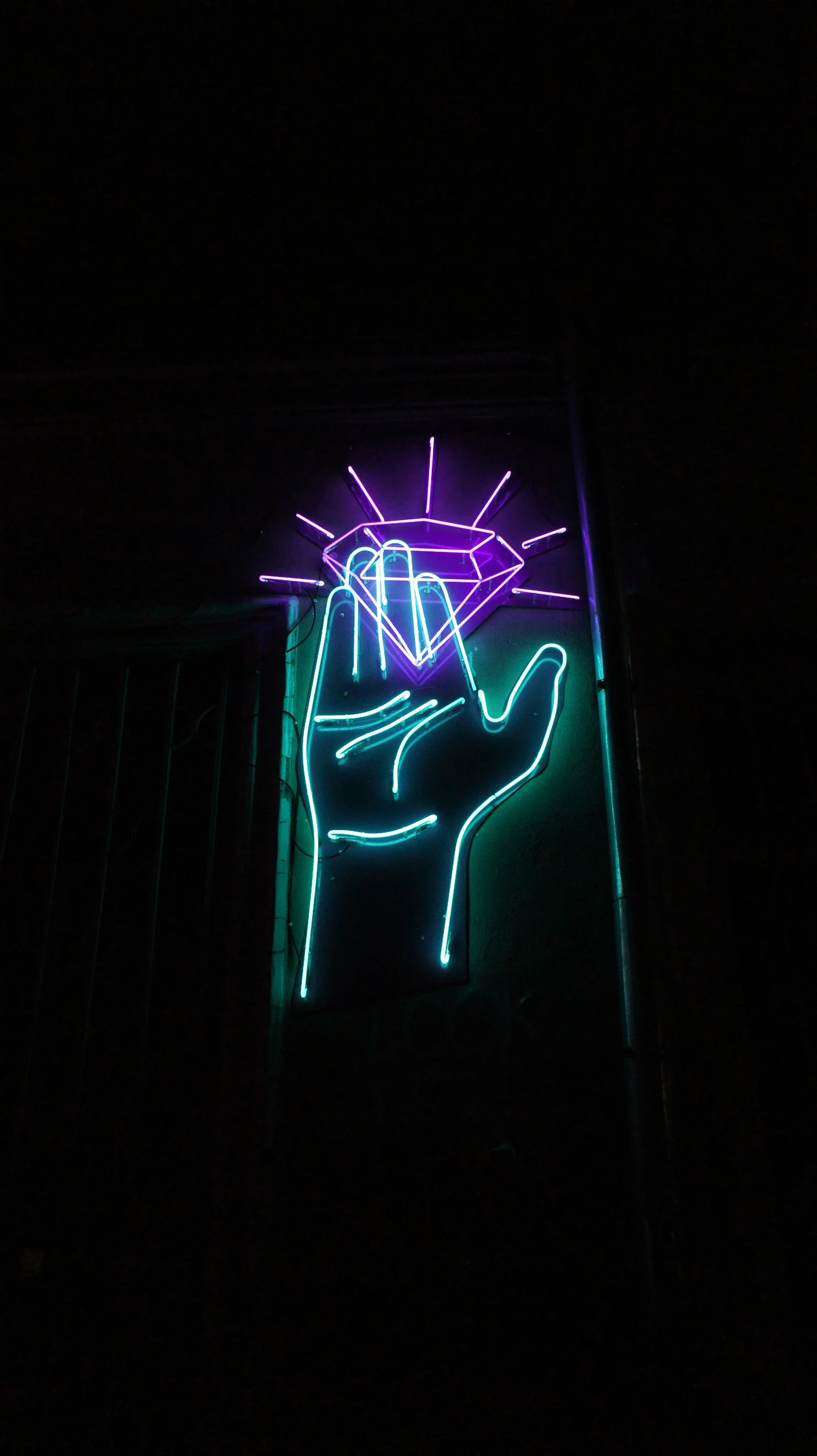Insights from a Complicated Family History: Living with Depression
/I have had an unsteady relationship with my father for most of my life. Depending on my age, he wore the hat of genius, villain, survivor, jerk, superhero, traitor and confidant. Being the child of a parent who has depression has been a very confusing experience.
Melvin Irwin Noodelman (quite the name, right?) embodies the contradiction of highly functioning and nonfunctional depressed human. At times he is intelligent, quick-witted and gifted, and at other times he simply morphs into this black hole. Depression has gotten in the way of us understanding each other’s words, actions and intentions, fraying our relationship, almost (but not quite), beyond repair.
My father has recently come back into my life after being estranged for nearly two years, unrecognizable to me after having put the worst of his lifelong depression behind him, and he has offered to shed some light on this invisible illness.
Words from Mel Noodelman
Kayla’s Dad here. Born in 1956, and undiagnosed until 1998, I’ve lived with depression as my constant companion since my teens. Depression runs in my family, and genetics among a book-long list of other factors colluded to exacerbate my experience. If you happen to be reading this blog – my intention is to help by sharing some of my personal thoughts.
What People Don’t Get
Inertia and Lack of Incentive
Dopamine? What dopamine?
Imagine that your body runs on batteries. With depression, you only have access to a drained set that you can’t recharge. Getting out of bed or off the couch become impossible tasks – you simply have no physical energy, and a superhuman mental will is needed to override your body’s unwillingness to move. You’re always tired, yet sleep brings no relief. People will try and encourage you to do something, anything productive.
But doing something doesn’t make you feel better. You’ll just feel more drained, and trying to explain this to people can feel like you’re speaking a foreign language. As my daughters would say; exercise gives you endorphins, and endorphins make you happy, but not so much when you’re battling depression.
Isolation
It takes too much energy to “people” like other humans do, and to pretend for friends’ and family’s sake that you are better than you are so that you don’t bring them down too.
Depression will whisper in your ear – quite convincingly - that since you’re unfeeling and deprived of energy, it is a great idea to withdraw from others and hermit for a while.
This is almost always a very bad idea, a road to hell paved with good intentions. Once you start down this path, it’s very difficult to break free from being a recluse shackled by inertia.
A Personal Account of the Costs
My special blend of depression is chronic and also treatment-resistant. Simply put, my body refused to respond to an endless series of medications, ECT, rTMS, and various psychotherapies.
For many years I was estranged from my children. I disappointed them over and over again. It was a heartbreaking experience.
My wife left me. Twice. I lost most of my friends. I gained a lot of weight.
I couldn’t work anything approaching normal hours. While I was at times able to maintain jobs, the adrenaline that would energize and propel me through imminent deadlines was not enough to sustain me consistently or in the long term.
Words of Advice
Seek medical help
Right away. Absolutely. No excuses.Use your comfort zone in moderation
Go outside. Get together with people. See a movie or a show.These are all things that will distract you from the grip of depression, and they will help at some level to prevent things from slipping into the darker direction. Just don’t expect to be a social butterfly, and budget time to recharge.
Stay on your meds
If you’re starting to feel better, stay on your meds anyways – at the exact dose that made you improve. Talk to your doctor. Remission does not mean cured forever. Continuing medication can prevent a relapse (Chong, Aslani & Chen, 2013).Never give up
You’ve never seen someone so happy to be told that they were in such bad shape that they qualified for an experimental brain surgery.
DBS (deep brain stimulation; TED talk reference and speaker Andres Lozano below) changed my life. When my daughter Kayla and I reunited, she told me that she almost walked right past me. I am, apparently, not recognizable as my formal self.
I still suffer from depression, don’t have a lot of energy, and can’t really work normally. But, for the first time in this journey, I can get up to play badminton 3 times a week. I consistently experience joy and enjoy the company of others. I no longer lose days at a time hiding in bed.
You are your best advocate for getting some control in your life. Hold on to the idea that something will work, eventually, and hopefully you won’t need brain surgery like me.
Blog by Kayla Noodelman: fam fan, offbeat offspring, full-time therapist
Special guest Melvin Noodelman: dynamite dad, retired recluse, car whisperer
Editor and special contributor Robin Noodelman: word wanderer, savvy sister, master board-gamer
References
Buus, N., Johannessen, H., & Stage, K.B. (2012). Explanatory models of depression and treatment adherence to antidepressant medication: A qualitative interview study. International Journal Of Nursing Studies, 49(10), 1220-1229.
Chong, W., Aslani, P., & Chen, T. (2013). Health care providers’ perspectives of medication adherence in the treatment of depression: a qualitative study. Social Psychiatry & Psychiatric Epidemiology, 48(10). 1657-1666.
Lozano, A. (2013, April). Parkinsons, Depression, and the Switch that Might Turn Them Off. Retrieved December 3rd, 2017, from http://www.ted.com/speakers/andrews_lozano












